Electrolytes are a group of compounds that include elements, otherwise known as salt ions. They are in blood, plasma, and tissue fluids. The most important of them are considered to be:
In the extracellular fluid, there are also chloride anions, which regulate the sodium concentration and affect the secretion of gastric acids[/ilj_no_linking]
The presence of electrolytes in the human body affects![]() :
:
The consequences of deficiencies![]() are:
are:
In more severe cases, they may also be:
Electrolytes are especially significant for children, elderly people, and athletes. Their deficiencies quickly lead to dehydration![]() .
.
Electrolyte imbalance is often caused by:
People with high blood pressure take medication that displaces stored water in their bodies to reduce tissue pressure. However, it's important to note that frequent urination caused by these medications can flush out valuable nutrients like magnesium and potassium. These nutrients are crucial for the proper functioning of the heart. Therefore, people struggling with hypertension![]() should often check the level of electrolytes in the blood and supplement their possible deficiencies.
should often check the level of electrolytes in the blood and supplement their possible deficiencies.
Some salt ions are an essential ingredient in regulating insulin secretion. Thus, in diabetics![]() , there is a relationship between carbohydrate metabolism disorders and disorders of the water and electrolyte system, which mainly accompany hyperglycemia. Unused glucose by the organs moves fluids and electrolytes contained in them from the cellular space to the extracellular space. This process disturbs the body's balance and can lead to a severe potassium deficiency – the state is called hypokalemia. Therefore, it is very significant to take the right amount of ions. And in case of deficiencies – remember to use appropriate supplementation.
, there is a relationship between carbohydrate metabolism disorders and disorders of the water and electrolyte system, which mainly accompany hyperglycemia. Unused glucose by the organs moves fluids and electrolytes contained in them from the cellular space to the extracellular space. This process disturbs the body's balance and can lead to a severe potassium deficiency – the state is called hypokalemia. Therefore, it is very significant to take the right amount of ions. And in case of deficiencies – remember to use appropriate supplementation.
During intensive and regular exercise, as the body sweats, it eliminates excess water and significant salt ions (i.e., electrolytes) that have built up. That is why athletes![]() need to ensure an adequate supply of valuable ingredients while maintaining proper water and electrolyte balance.
need to ensure an adequate supply of valuable ingredients while maintaining proper water and electrolyte balance.
Lost fluids should be consumed in the traditional form of water, providing it with small ones sips into the system, then the effectiveness of hydration increases. However, it turns out that water is often not enough – and during intense effort, it is worth supporting the body with a ready-made electrolyte mixture that will supplement minerals and reduce the risk of dehydration.
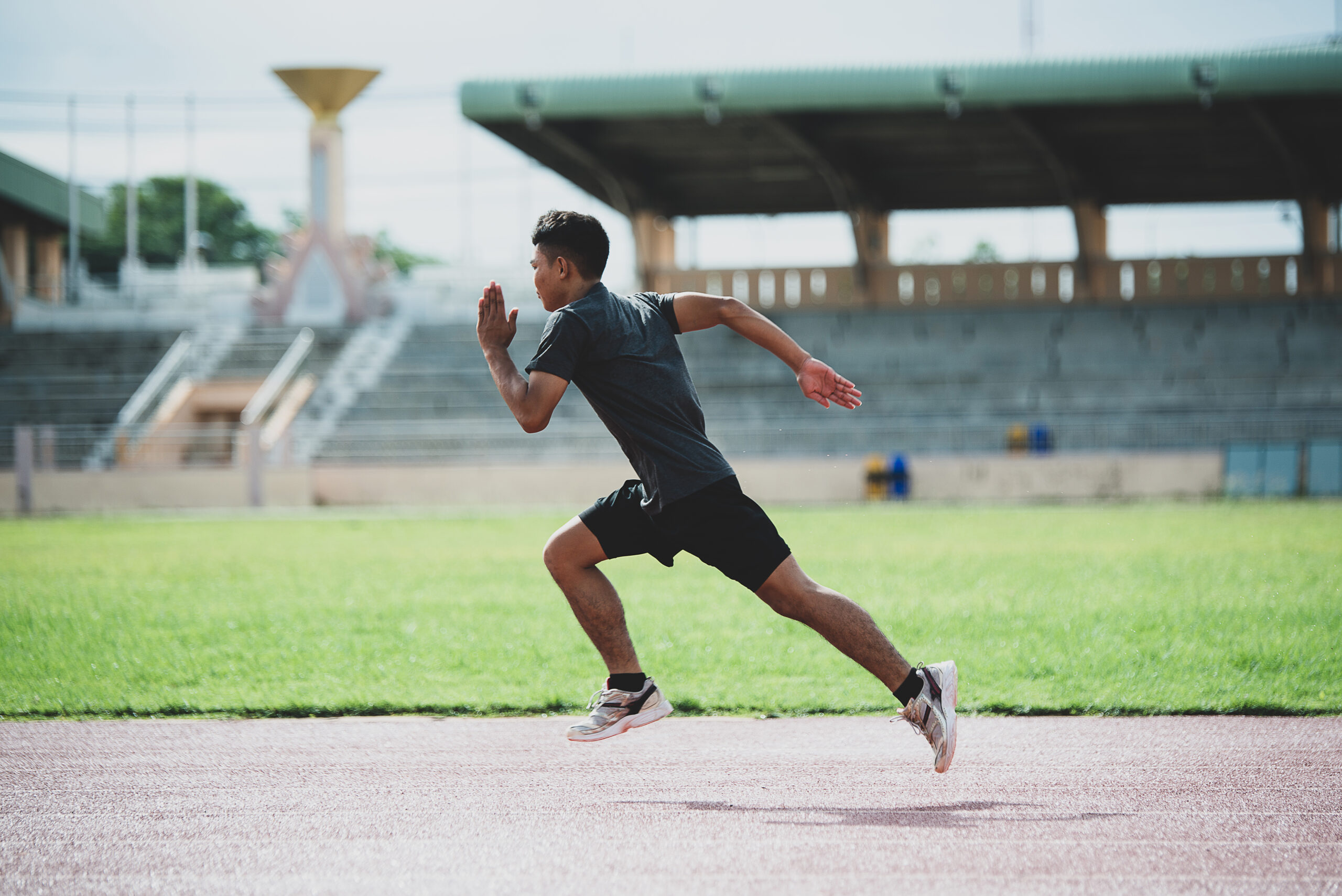
Electrolyte deficiencies in children![]() very often occur during accidental digestive system infections
very often occur during accidental digestive system infections![]() . During such ailments as diarrhea or vomiting, remember to systematically refill lost fluids.
. During such ailments as diarrhea or vomiting, remember to systematically refill lost fluids.
In supplementing the amount of electrolytes, it is also significant to use a balanced diet. Products that are a source of potassium include dried fruits (apricots, figs), bananas, potatoes, avocados, kiwi, and tomatoes. Calcium, valuable for bones, can be obtained by including milk and its products (yogurt, kefir, cheese, cottage cheese), sardines, or legumes in the diet. We can supplement magnesium in children by serving them a cocktail based on cocoa, dark chocolate, buckwheat, or oatmeal. Sodium, as one of the few elements, is rarely deficient because it is the basic ingredient of most food products.
Proper hydration is especially significant for maintaining the efficiency of internal organs and well-being. Despite this, many older people![]() have a big problem with the correct dose of fluid intake. Due to the decrease in appetite in seniors, the frequency of thirst also decreases, which can be very dangerous to health.
have a big problem with the correct dose of fluid intake. Due to the decrease in appetite in seniors, the frequency of thirst also decreases, which can be very dangerous to health.
Urinary system ailments also have an impact on the fact that elderly people deliberately reduce the supply of fluids to the body to get rid of persistent ailments, e.g., pain during urination. In the elderly, the lack of adequate hydration can have immediate effects, such as a general deterioration of well-being and lack of concentration and energy.
Therefore, if a senior is unable to drink the daily water requirement, they should reach for rehydration mixtures that will help to supplement any deficiencies and get rid of the persistent effects of dehydration.
Often malaise is explained by electrolyte deficiency. But to know for sure, you need to make some tests![]() . It is called an ionogram. This is a test of electrolyte concentration. These tests are conducted when there is a suspicion of water and electrolyte imbalance in the body. To perform them, a blood sample will be necessary, as in the case of morphology.
. It is called an ionogram. This is a test of electrolyte concentration. These tests are conducted when there is a suspicion of water and electrolyte imbalance in the body. To perform them, a blood sample will be necessary, as in the case of morphology.
It is recommended to do them in the morning after a 12-hour fast. They help determine the level of electrolytes and guide the selection of appropriate rehydration treatments. It is significant to fast for at least 12 hours before the test for accurate results.
As mentioned above, we use a test called ionogram when water and electrolyte imbalance is suspected. Collecting venous blood for normal morphology is a quick process. The basic test determines the potassium and sodium levels, but additional parameters can be added to extend the test. The test results show the number of tested ions in a given measurement unit, and for individual minerals, it should meet certain value requirements.
The ionogram is most often performed in hospital conditions to properly select the composition of the irrigation mixture for the patient.
You can refill electrolytes through:
To replenish electrolyte deficiency, you should primarily drink large amounts of highly mineralized water. Potassium deficiency can be easily compensated by eating tomato juices, which are a valuable source of potassium, as well as bananas and dried apricots. A diet that includes pumpkin seeds, cocoa, and almonds will replenish your magnesium levels.
Ready-to-drink electrolyte mixes and mineral tablets are also available on the market. During physical activity, athletes should hydrate themselves with isotonic drinks containing sodium and potassium chlorides. Sleep is also a significant factor that supports the regeneration of the body.
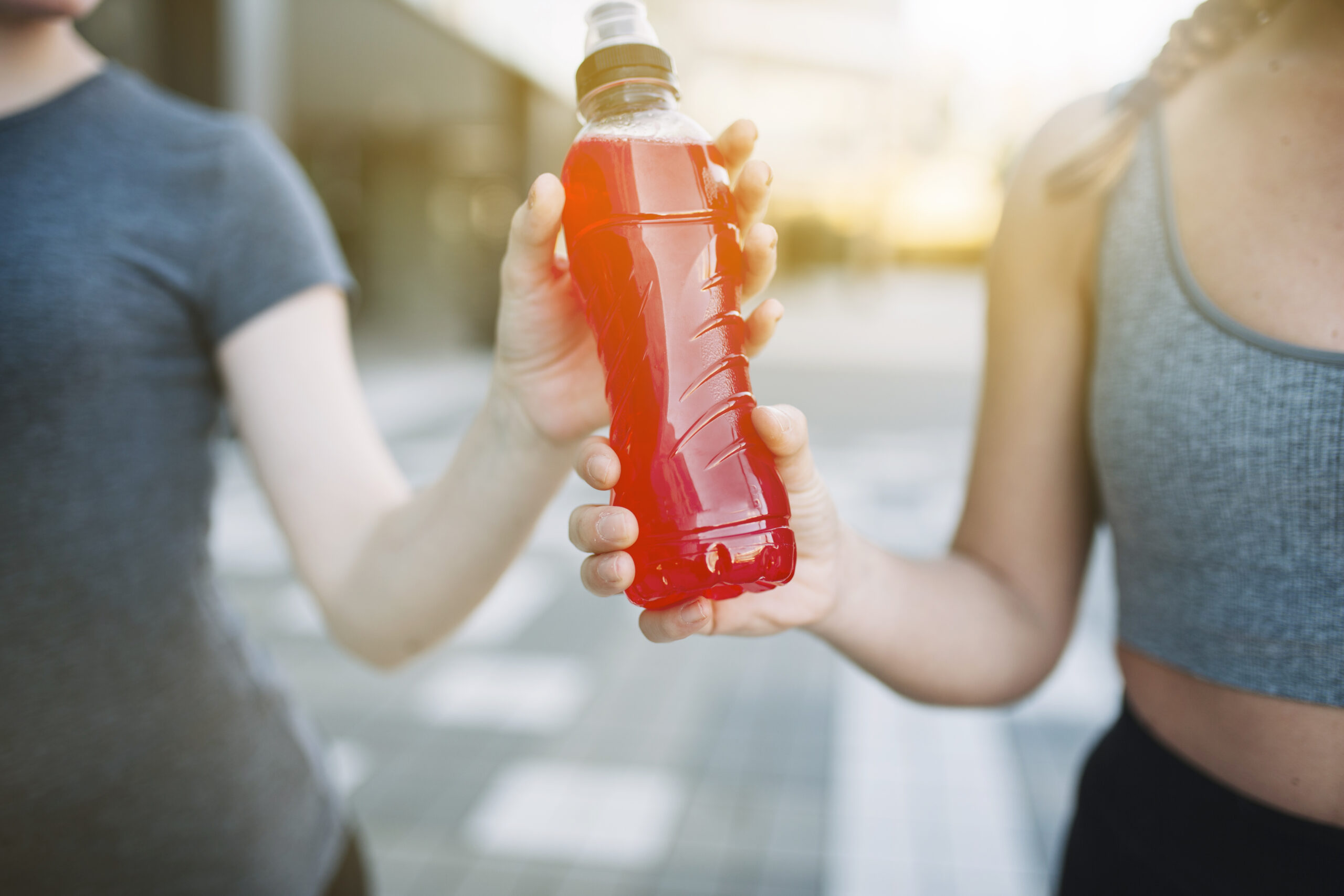
Electrolytes are not only dietary supplements in the form of ready-made mixtures that regulate the body's water balance. Consuming fruits and vegetables is a great way to obtain essential nutrients and keep the body hydrated.
Potassium is rich in tomatoes or tomato juice, bananas, and potatoes. Magnesium is found in spinach, kale, and broad beans, while dried figs and broccoli contain calcium. Lettuce and olives will supplement chloride deficiencies. Therefore, including these products in your daily diet will protect you from dehydration and ensure your well-being.
A well-known effect of excessive consumption of alcoholic products is the so-called hangover. Alcohol![]() poisoning is very often manifested by nausea, headache, trembling hands, and general weakness of the body, which is related to dehydration.
poisoning is very often manifested by nausea, headache, trembling hands, and general weakness of the body, which is related to dehydration.
Alcohol disrupts hormonal regulation, which means that urine excretion is also associated with the loss of water and beneficial minerals. To reduce the bothersome symptoms of a hangover, you should intensively hydrate your body with still water and take a portion of electrolytes that have been rinsed out. For this situation, consume fresh fruits and vegetables or purchase rehydration solutions from a pharmacy.
During food poisoning![]() , vomiting or diarrhea occurs, resulting in loss of water and leaching out of sodium, potassium, and glucose. The most important thing is not to let the body become dehydrated because you can end up in the hospital.
, vomiting or diarrhea occurs, resulting in loss of water and leaching out of sodium, potassium, and glucose. The most important thing is not to let the body become dehydrated because you can end up in the hospital.
Therefore, you should drink plenty of fluids to make up for their deficiency. Because thirst does not make itself felt during stomach ailments, it is worth reaching for electrolytes to quickly put an exhausted body back on its feet.
Although the composition of electrolyte mixtures is simple and contains substances naturally found in the body, there are contraindications to consuming this type of dietary supplement. They should not be used by patients who suffer from cirrhosis of the liver. And people taking loop diuretics, potassium-sparing diuretics, and beta-blockers should consult a doctor about the use of electrolytes.
In addition, people sensitive to some drink ingredients must carefully read the composition of the electrolyte mixture before its consumption.
A person begins to feel thirsty only when the level of dehydration of the body reaches 1.5%. That's why consuming fluids is so significant long before this reaction. Particular attention should be paid to this fact by people who regularly practice sports. Physically active people often consume drinks that, in addition to electrolytes, contain carbohydrates and these are the so-called isotonic drinks![]() .
.
Unlike electrolytes and water, isotonic adds energy, which is an additional fuel to be used during training. However, for people on a diet for weight reduction, classic electrolyte preparations are recommended, which do not add unnecessary calories to the diet, but nourish the body with valuable ingredients and maintain an optimal level of hydration.
Before buying electrolytes in a pharmacy, you should familiarize yourself with their composition. Very often you can find preparations that have additional, completely unnecessary items. A dietary supplement should have a short and simple label without artificial sweeteners, flavors, and dyes.
It is also significant that the electrolyte components have the highest bioavailability form, e.g., citrates. The packaging should contain information about the osmolarity of the product. Hypo-osmotic solutions are recommended if there is a risk of dehydration.
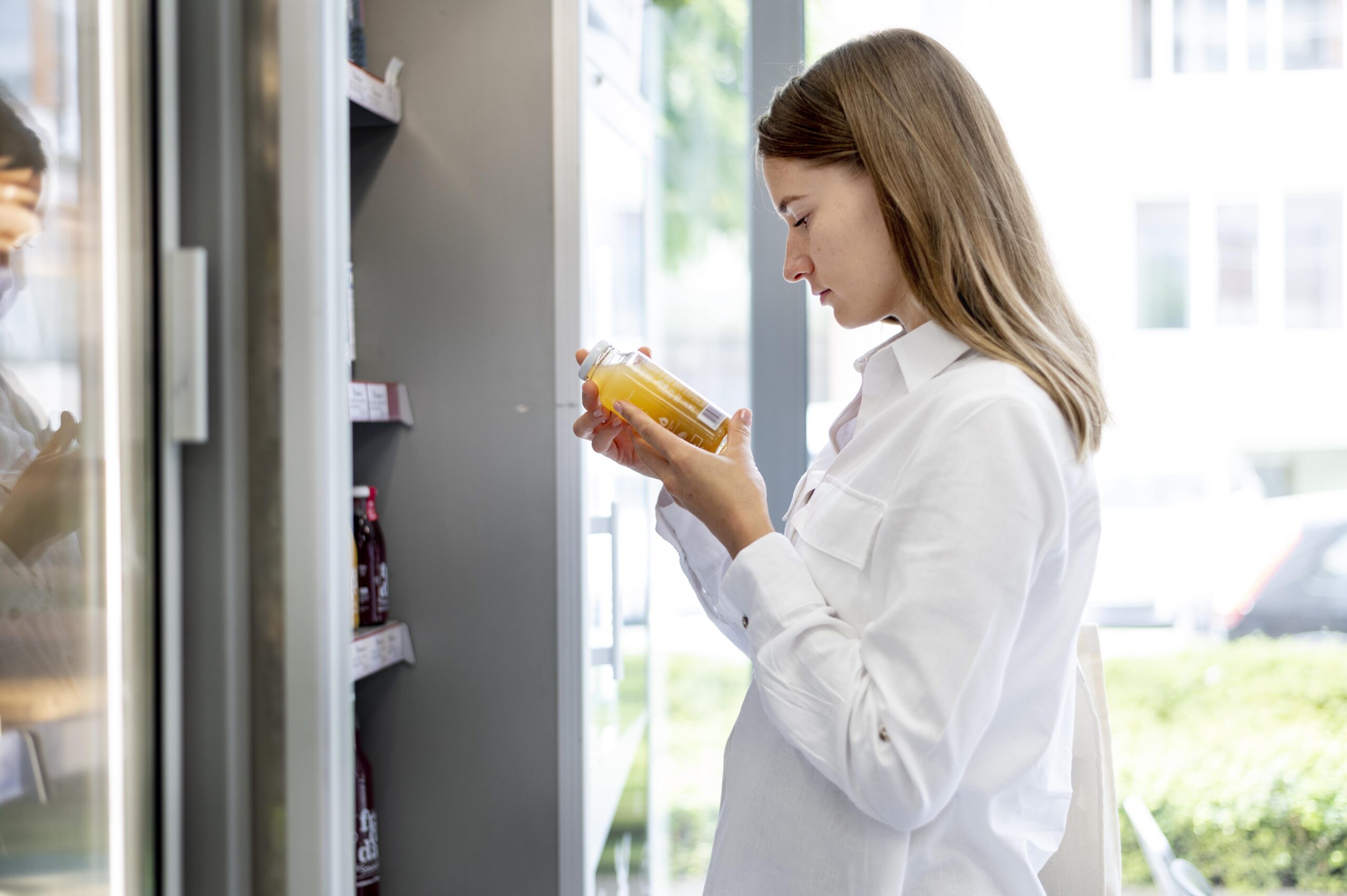
Electrolytes are a group of elements extremely important for the proper functioning of the entire body. It is worth taking care of the water and electrolyte balance by introducing a minimum of 1.5 l of fluids in the form of still water to your daily diet, as well as fruits and vegetables that will supplement the deficiencies of such salt ions as calcium, potassium, magnesium, sodium, and chlorides.
Particular attention to additional supplementation with hydrating preparations containing electrolytes should be paid to people who regularly practice sports, people suffering from hypertension, diabetes, and those suffering from diarrhea and vomiting. By maintaining the right balance between the elements, you can significantly affect the well-being and proper functioning of the muscular system, nervous system, and heart, as well as maintaining the optimal pH of the body.
Table of Contents
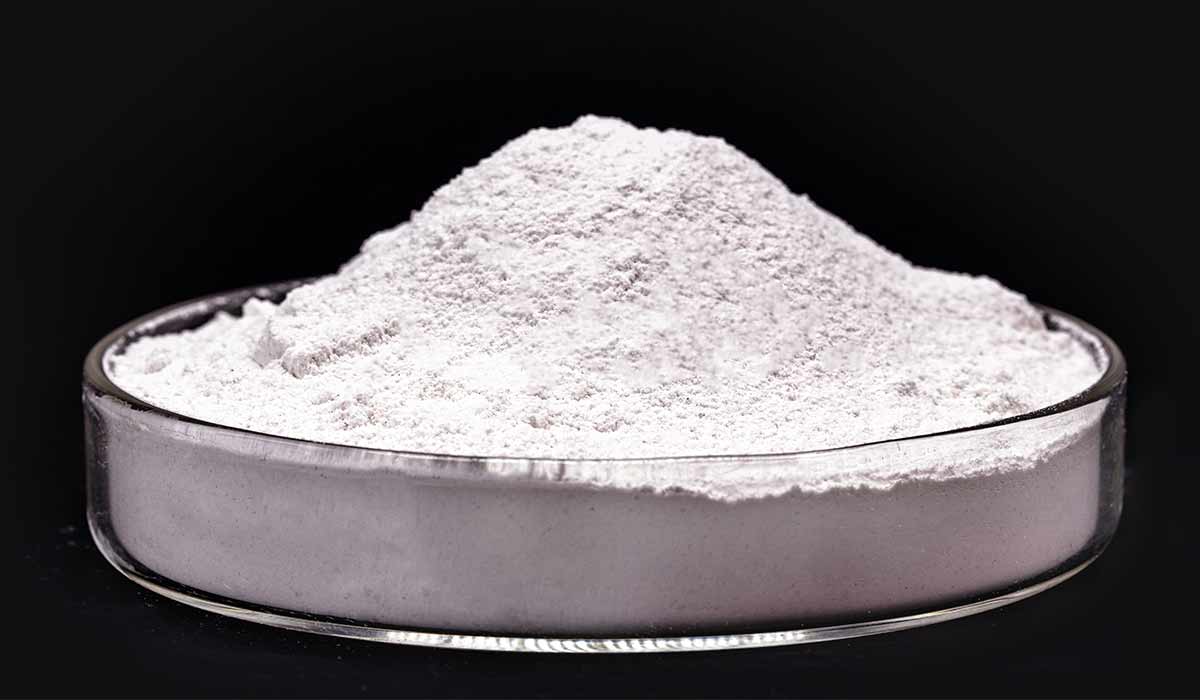
Hypokalemia means potassium deficiency, a decrease in potassium in blood below 3.5 mmol/L. It can have various causes, and most… read more »
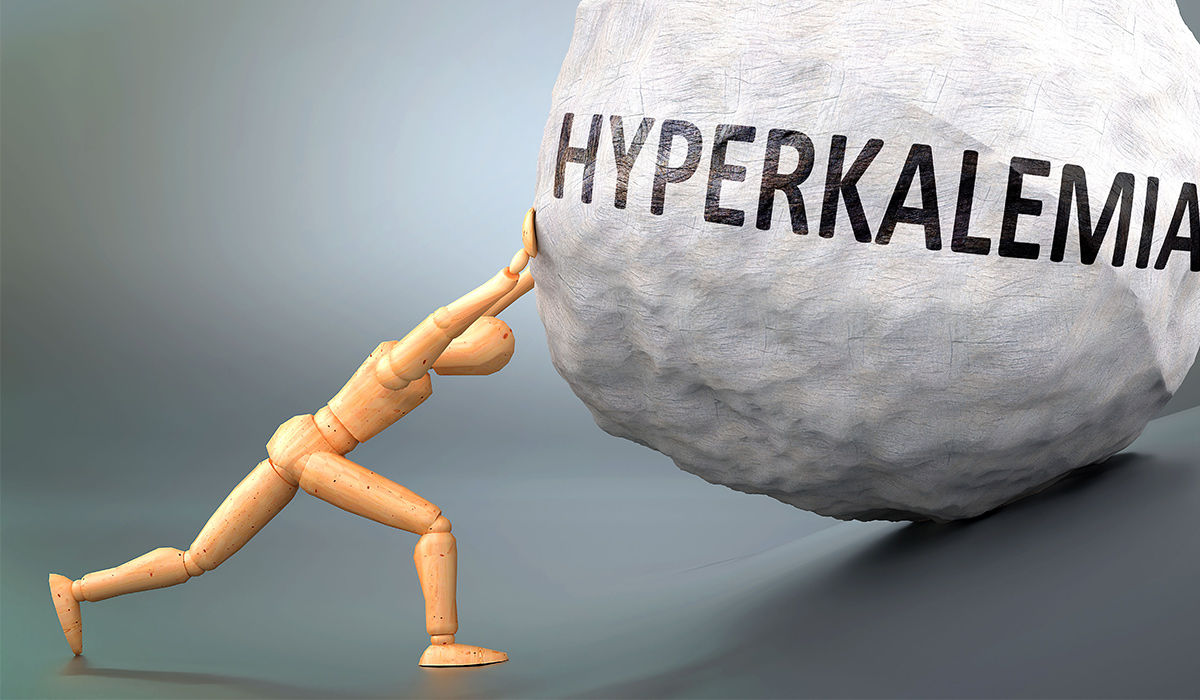
Can eating bananas be dangerous for some people? Who is more susceptible to hyperkalemia? read more »
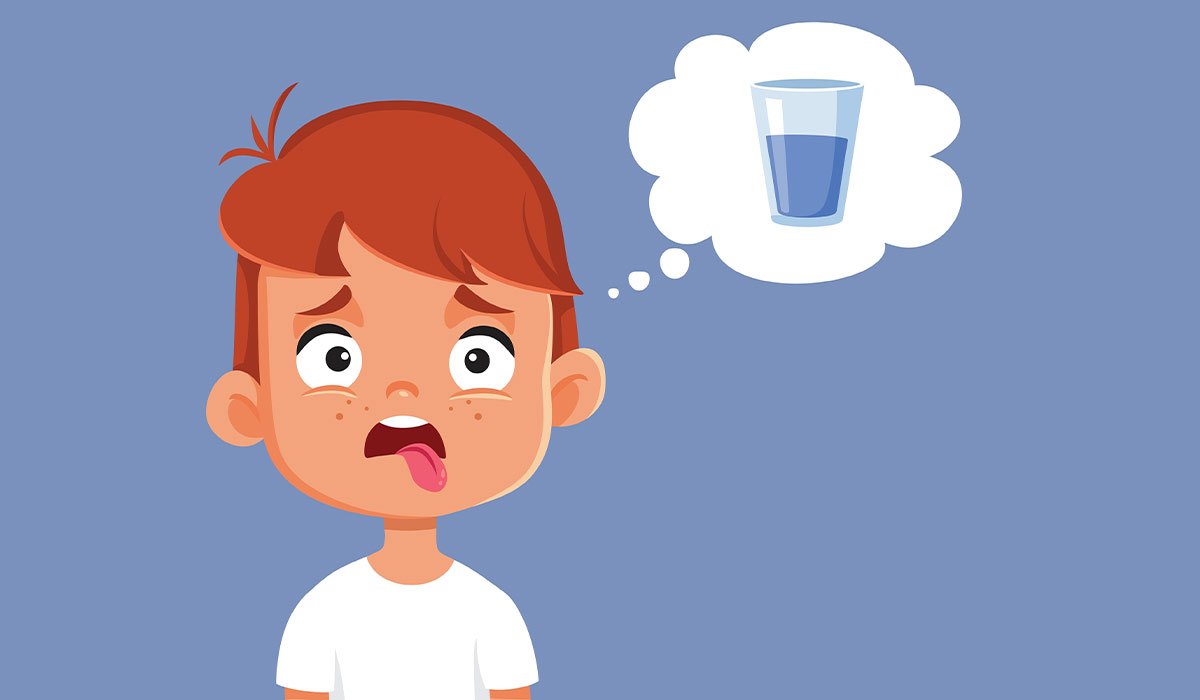
Dehydration can cause many negative health effects. It is a common problem in children and seniors. Learn how to recognize… read more »
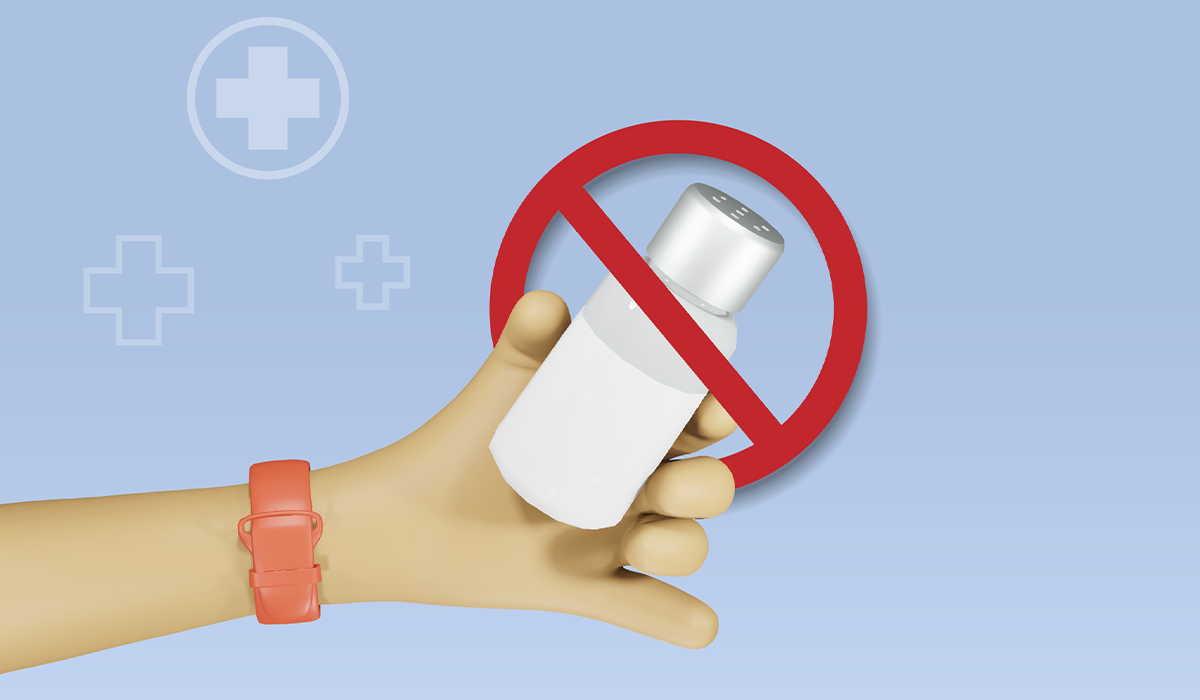
Hyponatremia means not enough sodium in the blood. Lack of sodium is critical because it helps to keep water spread… read more »
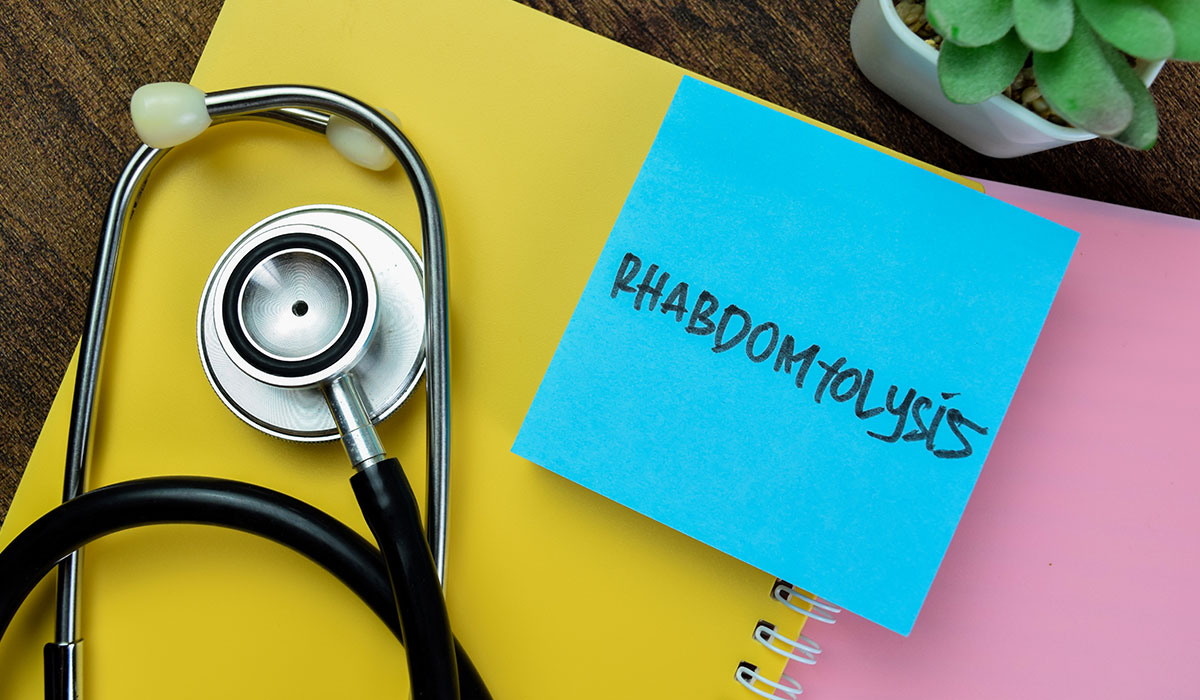
Rhabdomyolysis is a disease in which skeletal muscle breakdown occurs, which is dangerous in its consequences. Learn about the causes… read more »
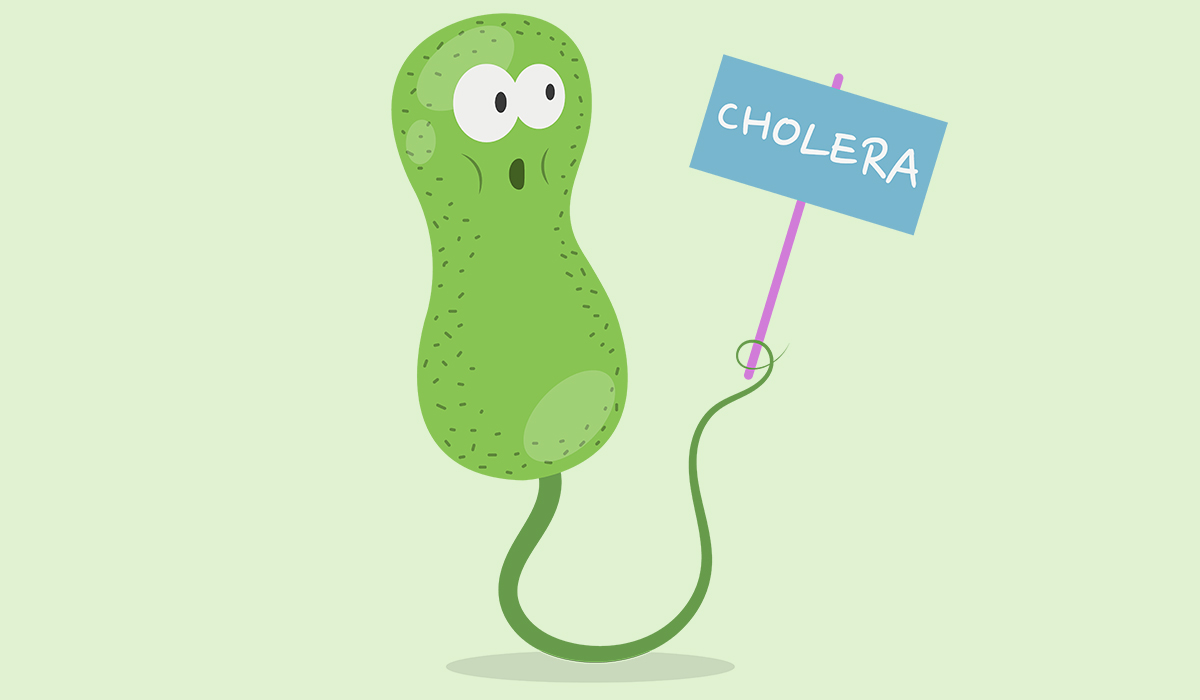
Cholera is a dangerous infectious disease of the gastrointestinal tract. It is caused by the bacterium Vibrio cholerae. What symptoms… read more »

Honey not only delights with its sweet taste, but also has many health properties. Learn about the benefits of eating… read more »

Are you bothered by leg cramps? Find out what causes them. Learn about treatment methods and tips for this condition.… read more »
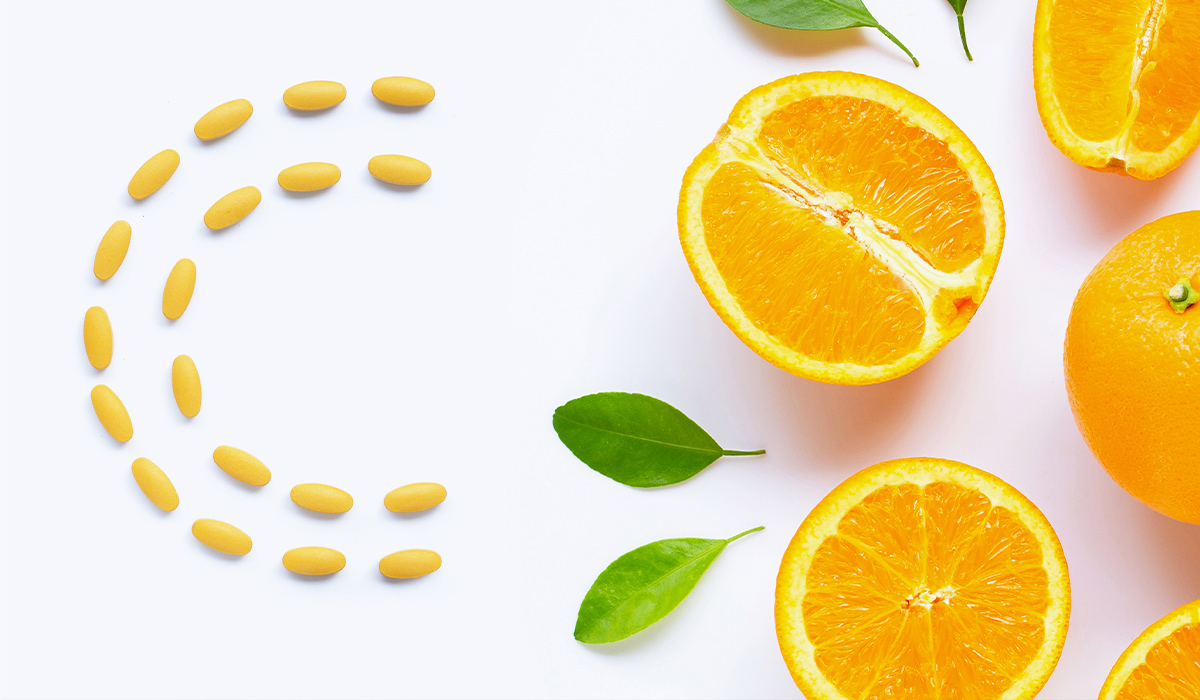
Vitamin C (ascorbic acid) is involved in processes in our bodies that provide correct functioning. Where you can find vitamin… read more »